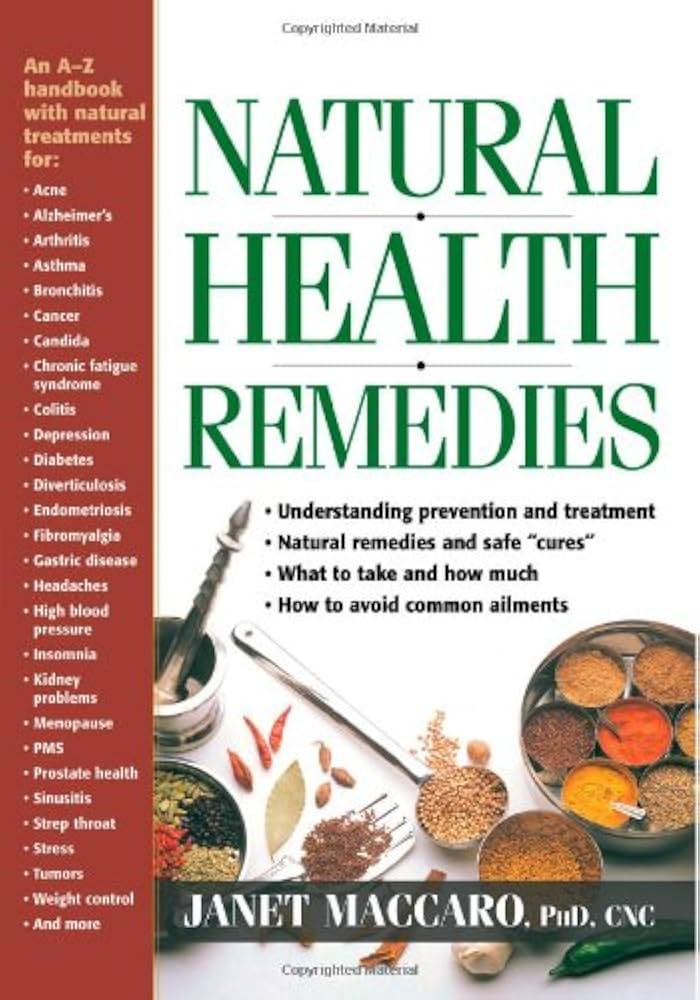Natural Remedies and Clients with Mental Health Conditions
Mental health conditions are becoming increasingly prevalent, affecting people of all ages and backgrounds. While traditional treatments can be effective, many individuals seek alternative solutions that align with their values and lifestyle. In this post, we’ll explore natural remedies that can complement conventional therapies for clients struggling with mental health conditions.
Natural Stress Relief: A Starting Point
When dealing with mental health issues, stress is often a major culprit. Natural stress relief methods can provide a sense of calm, helping to alleviate symptoms. One such approach is mindfulness meditation, which involves focusing on the present moment and acknowledging thoughts without judgment. This technique can be particularly beneficial for clients experiencing anxiety or depression.
How Mindfulness Meditation Can Help
By incorporating mindfulness into daily routines, individuals can:
* Reduce cortisol levels
* Improve emotional regulation
* Enhance cognitive functioning
For example, a client struggling with generalized anxiety disorder (GAD) may benefit from guided meditation sessions, which can help them develop greater self-awareness and manage symptoms.
Herbal Remedies for Mental Health
Herbs have been used for centuries to promote mental well-being. Certain plant-based remedies show promise in alleviating symptoms associated with depression, anxiety, and bipolar disorder. One such example is St. John’s Wort (Hypericum perforatum), which has been traditionally used to treat mild-to-moderate depression.
St. John’s Wort: A Natural Antidepressant
This herb contains a compound called hypericin, which may help regulate serotonin levels in the brain, promoting feelings of calm and happiness. However, it’s essential to consult with a healthcare professional before using any herbal remedies, as they can interact with prescription medications.
Essential Oils for Mental Well-being
Aromatherapy has gained popularity as a natural method for promoting mental relaxation. Certain essential oils have been shown to have a positive impact on mental health conditions. For instance, lavender oil (Lavandula angustifolia) is often used to reduce anxiety and promote better sleep.
Lavender Oil: A Calming Influence
The calming effects of lavender oil can be attributed to its ability to:
* Reduce cortisol levels
* Promote relaxation
* Improve sleep quality
When combined with meditation or deep breathing exercises, the benefits of lavender oil may be amplified. However, it’s crucial to dilute essential oils in a carrier oil and use them in moderation, as they can cause skin irritation.
Social Support: A Natural Remedy for Mental Health
Social connections are vital for our mental well-being. Building strong relationships with family, friends, or a support group can provide emotional validation, reducing feelings of isolation. For clients struggling with post-traumatic stress disorder (PTSD), social support networks can be particularly beneficial.
The Power of Social Support
A robust social support system can:
* Reduce symptoms of depression and anxiety
* Improve self-esteem
* Enhance overall mental well-being
As a therapist or healthcare professional, fostering social connections and encouraging clients to seek out natural remedies like mindfulness meditation, herbal supplements, or essential oils can be an effective way to complement traditional treatments.
Conclusion: Integrating Natural Remedies into Mental Health Treatment
While natural remedies should not replace conventional therapies, they can certainly play a complementary role in promoting mental well-being. By understanding the benefits and limitations of these approaches, healthcare professionals can provide more comprehensive care for clients struggling with mental health conditions.
As you explore the world of natural remedies and mental health, remember to consult with a qualified healthcare professional before incorporating any new techniques or supplements into your treatment plan. With patience, persistence, and an open mind, you can work towards achieving optimal mental health and well-being.


